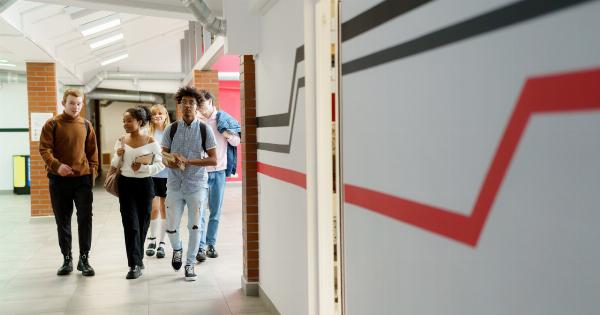Teenage acne is a common skin condition that affects nearly 85% of teenagers.
Acne is a result of overactive oil glands in the skin that produce excess sebum, leading to clogged pores, resulting in pimples, blackheads, and whiteheads on the face, neck, chest, and back. While teenage acne is prevalent, it can be a significant source of stress, anxiety, and embarrassment for those who suffer from it.
Why is acne more common in teenagers?
During puberty, there is a surge of hormones that affect the oil glands in the skin. Androgens, a type of hormone, stimulate the oil glands to produce more sebum, a waxy substance that helps hydrate the skin.
The overproduction of sebum can lead to clogged pores, which trap bacteria and cause inflammation, resulting in acne.
How does acne affect teenagers?
Acne can be more than just a physical problem; it can also cause emotional and psychological distress in teenagers. The appearance of acne can affect a teenager’s self-esteem, leading to feelings of anxiety, shame, and low confidence.
In severe cases of acne, scarring can result, which can cause long-term emotional effects. Additionally, acne can lead to a higher risk of depression and social withdrawal, further affecting the teenager’s overall well-being.
What can be done to treat teenage acne?
Mild to moderate cases of teenage acne can be treated at home with simple skincare routines, including gentle face washing, moisturizing, and avoiding harsh products that can irritate the skin.
Additionally, over-the-counter medication with benzoyl peroxide or salicylic acid can help treat acne by unclogging pores and killing bacteria.
If the acne is severe or persistent, it’s best to seek professional treatment from a dermatologist.
A dermatologist can prescribe stronger medications, such as topical or oral antibiotics, retinoids, or isotretinoin, which are highly effective in treating severe cases of acne.
What are some tips to prevent acne?
While acne is not entirely preventable, there are some steps teenagers can take to reduce the risk of developing acne:.
- Wash your face twice a day with a gentle cleanser.
- Avoid touching your face frequently.
- Use non-comedogenic skincare and makeup products.
- Avoid wearing tight-fitting clothes or hats that can irritate the skin.
It’s essential to remember that acne is a natural part of the teenage years, and it’s nothing to be ashamed of. With proper treatment and care, most cases of teenage acne can be controlled or even cleared.
The bottom line
Teenage acne is a common skin condition that affects nearly all teenagers in some form.
While acne can be a source of stress and embarrassment for teenagers, it’s essential to remember that it’s a natural part of the teenage years and can be effectively treated and controlled with proper care and treatment.






























